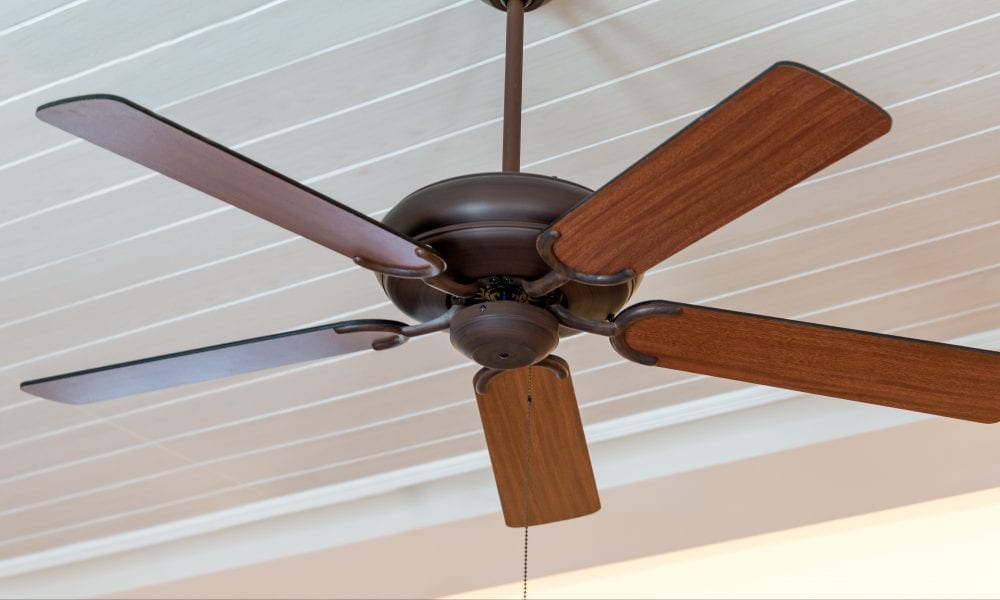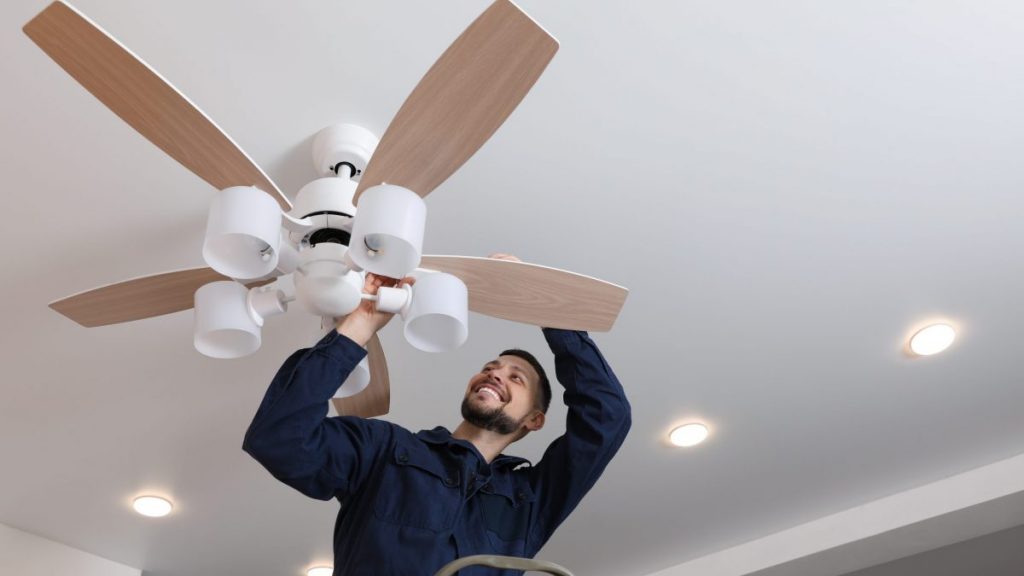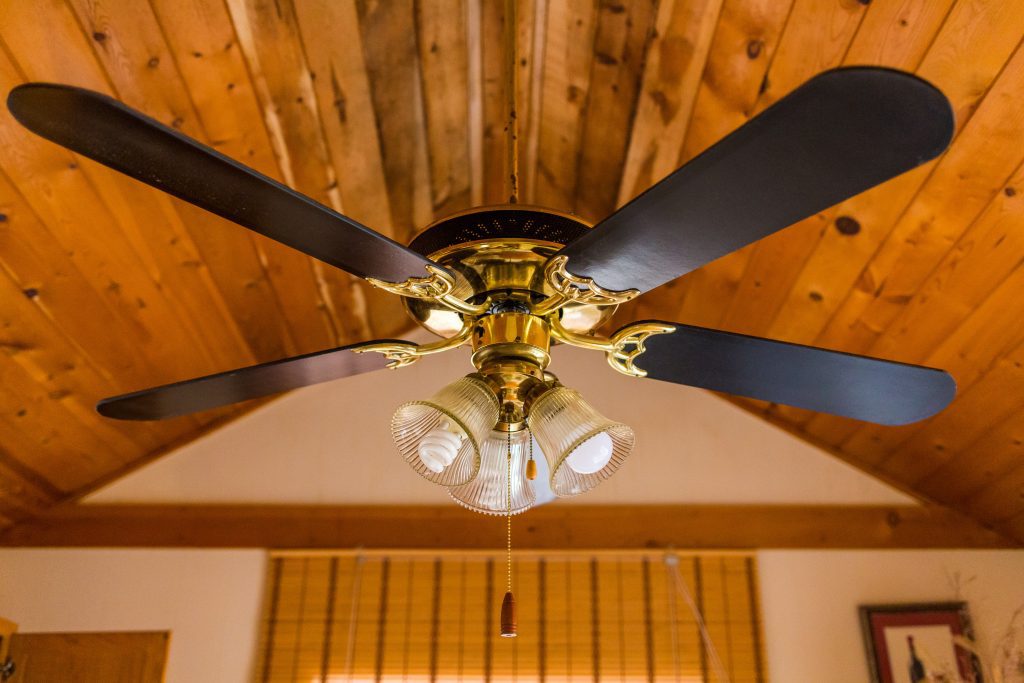Have you been quietly dreading the arrival of colder weather? Home heating costs take a big bite out of budgets in ordinary circumstances. With grocery and other necessary expenses still hovering at or near record highs, finding a way to cut costs is no longer a preference for many; it’s a necessity.
While we have recommended various products to help ease energy expenses, we wanted to dig deeper into an expert-recommended tip that may not cost customers another dime if they have a ceiling fan.
Ceiling Fans: Not Just For Cooling
It’s logical to think of ceiling fans as a practical and energy-efficient solution in the summertime. People who don’t have air conditioning find the extra air circulation helpful to keep the indoor climate manageable despite rising temperatures.
But the same science applies to making a room feel warmer in the cooler months. It’s all about how heat and cold move in the air and how the fan helps circulate it for maximum efficiency.
Ceiling fans help circulate the air in a room and can rotate in two directions. The U.S. Department of Energy recommends consumers check that their ceiling fans are turning counterclockwise to help keep a room cooler. Then, in the winter, flip the directional switch to change the fan blades’ direction to clockwise to assist with warm air circulation.
Cool air sinks to the lowest level in a room because it is more dense than warm air. That’s why a clockwise fan motion can help push down the warmer air and pull up the cooler air. This will help bring warmer air closer to lower levels of the room, where we spend all of our time.
Energy equipment experts suggest keeping the fan speed at the lowest level to prevent creating a cool breeze, and to make sure to turn off the fan when not in the room. Cost savings will be counteracted if the fan is running in an unoccupied room.
How much can using a ceiling fan in the winter save on your winter heating costs? Our review of data from various energy providers and retailers across the country show the amount varies from about 10% to 15%.
If you already have a ceiling fan, just flipping the switch is a no-cost option to save you money this winter. And, if you’re looking to get a new fan, check out our picks for best ceiling fans.









